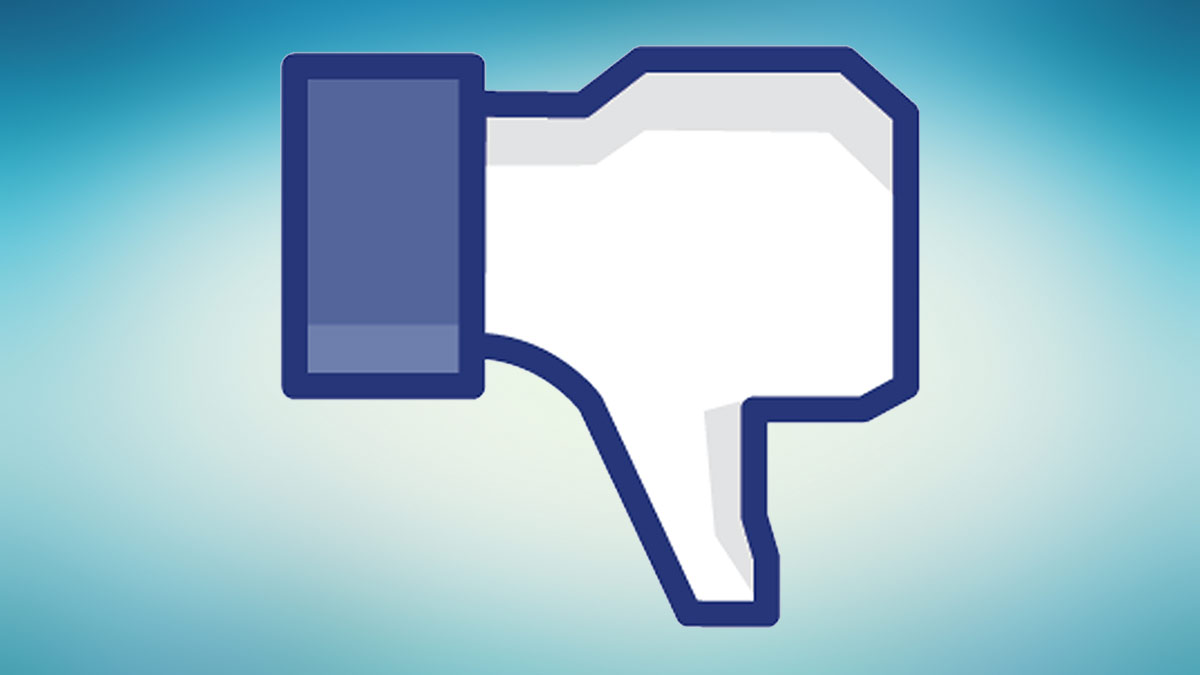We have all had the experience of being gagged by the "like" button on Facebook. As we scroll through our news feed, we sometimes come across stories that trigger loathing, sadness or even rage. But all we have is a like button. Sure, we can write a long message in the comment field. But there is no button to instantly express negative emotions.
That is about to change. Facebook has announced it will create a "dislike button." Only last year, Mark Zuckerberg said, "Some people have asked for a dislike button because they want to be able to say 'that thing isn't good,' and we're not going to do that ... I don't think that's socially very valuable, or great for the community."
Now, Zuckerberg has admitted that "not every moment is good" and perhaps a dislike button isn't such a bad idea after all.
Zuckerberg may have changed his mind, but many other people have not. Some think the dislike button will toxify relationships. Others fear it will fuel bullying and other kinds of aggressive behavior online. But the biggest worry is the button will "actively foster negativity."
It seems we have become so fragile that any sign of negativity -- even a simple thumbs down on a social media website -- is something that must be avoided at all costs. All we want is a constant stream of thumbs up. The slightest sign someone might disagree with us is enough to send us into an emotional tailspin.
One of the most insidious ideas of our time is positive thinking. It's drilled into many of us: think positive, don't think negative. It's no wonder people find the prospect of the dislike button so worrisome.
People are constantly told to be upbeat, even in the face of horrible situations. Sick people are told to stay positive and think about their illness as a "gift." The unemployed are advised to ban all negative words (like "unemployed") and even stop reading the news (too much negativity there). When an entrepreneur fails, he is told to see it as "step forward." And of course we can only "like" things on Facebook.
Being positive certainly comes with benefits. But research is starting to reveal that all this upbeat thinking has some big downsides. When we are unable to express negative feelings, many human emotions become off limits. We avoid taking a realistic look at problems, which means we overlook risks and do stupid things. Those who don't feel on top of the world start to think there is something seriously wrong with them. Those in an upbeat mood tend to be more selfish and feel more socially disconnected. What is even more surprising is that people told to think positively often end up feeling worse.
As we start to recognize the limits of always looking on the bright side, negative thinking is making a comeback.
It's not just Facebook that will allow you to dislike things. Some companies have started to support their employees in pointing out problems. One particularly interesting method that firms are using to avoid the mistakes made by our bias toward positive thinking is the "pre-mortem."
It works like this: When we begin a project we largely focus on the bright side. As a result, we think the project will take half as long and cost half as much as it actually does. By doing a pre-mortem, we try to think as negatively as possible and identify anything that might go wrong. When people engage in this kind of negative thinking, they tend to spot flaws and fix them before they become a problem.
Maybe, if used well, the "dislike" button could become a kind of early warning system in our own lives. It will allow us to see where we are going wrong, think a little more realistically, and avoid being blinded by our own optimism.
Living with the thumbs down will be tough. We may get upset, be disturbed and sometimes feel gloomy. Excessive negativity can easily become bullying. But having a space to share our negative feelings every now and then can help us own up to the many problems that we face, and hopefully, deal with them in a levelheaded way.
(CNN)
www.ann.az
Follow us !











